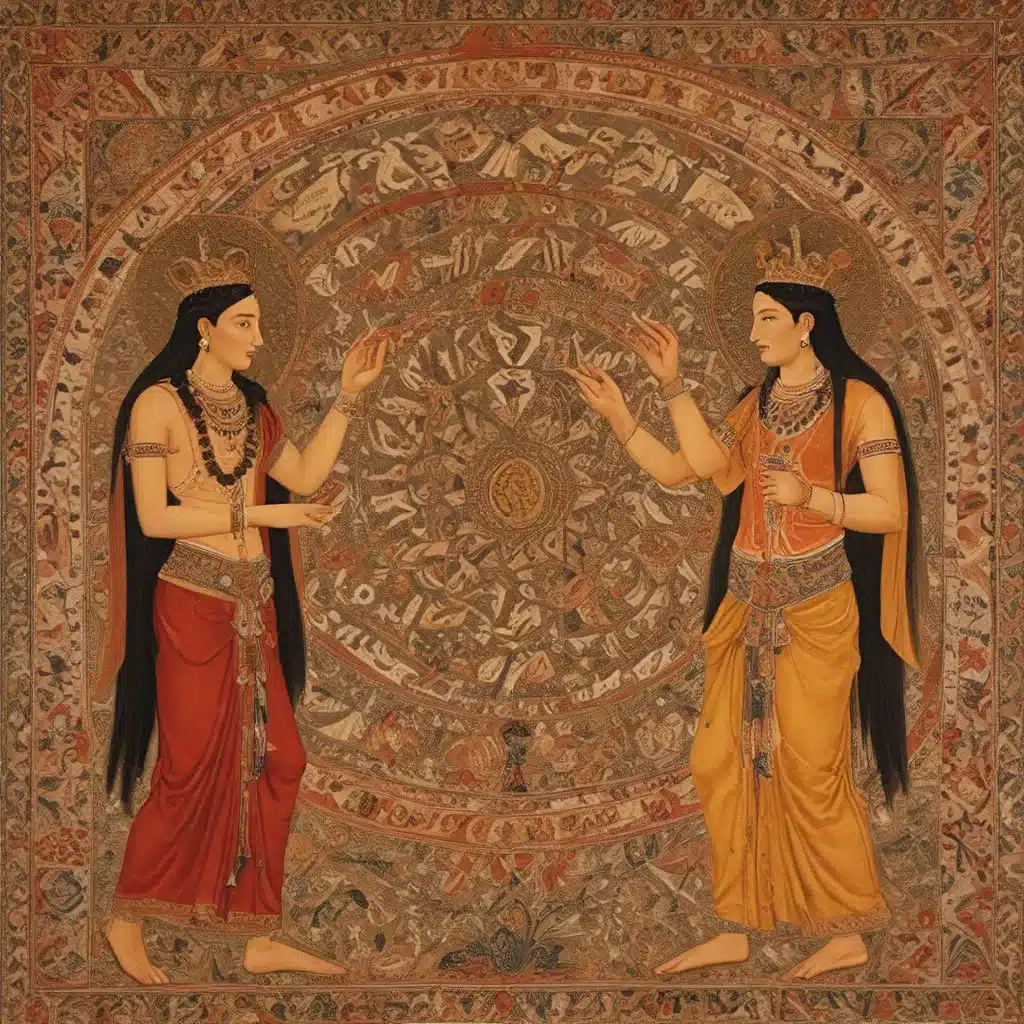
Unveiling the Secrets of the Swahili Coast and the Indian Ocean Trade
The history of Mozambique stretches far beyond the arrival of Vasco da Gama, revealing a tapestry of diverse civilizations, ancient trade routes, and captivating cultural exchanges that have shaped the region for millennia. As we delve into the captivating past of this East African nation, we uncover a rich legacy that transcends the boundaries of time and place.
The archaeological evidence paints a vivid picture of human presence in Mozambique dating back thousands of years, with ancient rock art and tools providing insights into the early inhabitants of this land. Around 2,000 years ago, the Bantu migrations brought agricultural practices and contributed to the cultural diversity that would become the hallmark of Mozambique.
But the true narrative of Mozambique’s history unfolds along the Swahili Coast and the vibrant Indian Ocean trade networks that flourished from the 7th century onward. Cities like Sofala, Kilwa, and Mozambique Island emerged as prominent centers of commerce, attracting merchants and traders from the Arabian Peninsula, India, and beyond. This era witnessed a remarkable blending of African, Arab, Persian, and Indian influences, evident in the region’s architecture, language, cuisine, and customs.
The Rise and Influence of the Great Zimbabwe Kingdom
Interwoven with the coastal trade networks was the medieval Kingdom of Zimbabwe, which exerted significant influence over the Mozambican interior. The Kingdom of Zimbabwe’s control over the lucrative gold and ivory trade routes facilitated prosperous interactions with the coastal settlements, including those within present-day Mozambique.
The architectural marvels of Great Zimbabwe, the capital of the Kingdom, stand as a testament to the region’s advanced society and economic prowess. The intricate stone structures and sophisticated craftsmanship showcase the ingenuity and technical expertise of the Zimbabwean civilization, which left an indelible mark on the history and culture of Mozambique.
The Arrival of the Portuguese and Mozambique’s Struggle for Independence
The year 1498 marked a pivotal moment in Mozambique’s history with the arrival of the famed explorer Vasco da Gama. His voyage to India signaled the beginning of Portuguese involvement in the region, leading to the establishment of trading posts and the gradual expansion of Portuguese control over the coastal areas.
However, Mozambique’s journey was not without its challenges. The Portuguese colonial rule was marked by the transatlantic slave trade, which led to significant resistance movements, such as the Mwene Mutapa Kingdoms’ fight against foreign domination.
The path to Mozambique’s independence was arduous and hard-fought, with organizations like the Mozambique Liberation Front (FRELIMO) leading the charge against Portuguese colonial rule. After gaining independence in 1975, the nation faced internal conflicts and a devastating civil war that lasted until 1992, before embarking on a journey of rebuilding and development.
The Resilience and Cultural Diversity of Modern-Day Mozambique
Mozambique’s rich history is reflected in its diverse ethnic groups, languages, and traditions, with influences from Bantu, Swahili, Arab, Indian, and European cultures. The country’s stunning natural landscapes, including national parks, pristine beaches, and the iconic Gorongosa National Park, contribute to its allure as a premier tourist destination.
Despite the challenges encountered throughout its history, the Mozambican people have displayed remarkable resilience, creativity, and a commitment to building a brighter future. By delving into the captivating stories of Mozambique’s ancient civilizations, vibrant trade networks, and the struggle for independence, we gain a deeper appreciation for the vibrant and resilient spirit that defines this extraordinary African nation.
As we explore the tapestry of Mozambique’s past, we are reminded of the power of cultural exchange, the resilience of the human spirit, and the enduring legacy of ancient civilizations that have left an indelible mark on the world. The history of Mozambique serves as a testament to the diversity and interconnectedness that have shaped the human experience, inspiring us to embrace our shared heritage and forge a future of mutual understanding.
Embark on a journey with The Lost Kingdoms as we continue to unravel the mysteries and wonders of ancient civilizations, archaeological discoveries, and the timeless tales that weave the fabric of our collective history.


